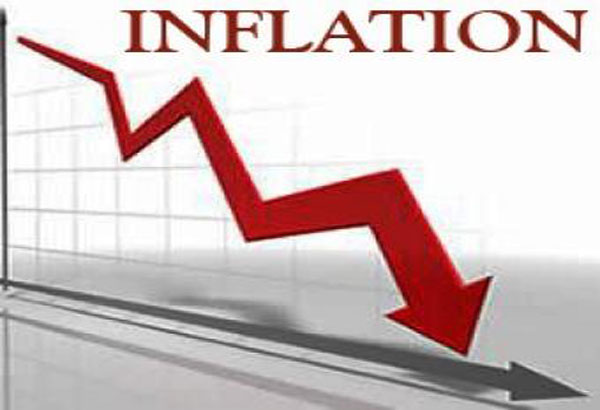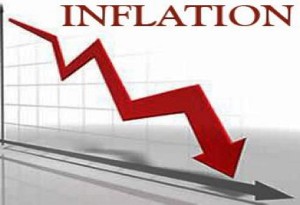Inflation has a negative relation between unemployment. If there is unemployment in the economy then, the bargaining power and efficiency of wage setters tend to decrease. This leads to decrease in price and finally decrease in inflationary terms. Now this all depends on RBI whether, they want to do this in short period or in long period.
If RBI wants to reduce it in short period for instance 10% increase in unemployment leads to 10 % decrease in one year. But, it is not good for economy as RBI face bankruptcies and if RBI wants to decrease it in long period thus it has to face less unemployment . Thus RBI always prefer to go slowly.
According to Fisher & Taylor, can be reduced by less increase in unemployment as compared to large decrease by convincing wage setters that in future there will b less inflation and RBI will adopt contractionary monetary policy and if wagesetters expect less inflation then they expect lower wages thus lower prices and finally there will b low inflation in economy .
Click here for government certification in Accounting, Banking & Finance
 Stay Ahead with the Power of Upskilling - Invest in Yourself!
Stay Ahead with the Power of Upskilling - Invest in Yourself! 





9 Comments. Leave new
Short but good content.
Precise, although could have made more informative because there are a lot more ways how inflation can be decreased. And I would also like to add that even though inflation is harmful for the economy, a certain level is necessary to help in the functioning of the market.
You have correctly explained the monetary policy by which a govt. can reduce inflation. But the govt. can use some fiscal policies too. Good article!
Explained well
brief and illustrative in a single go!
Nice article..
good.
Good article!
nice one…